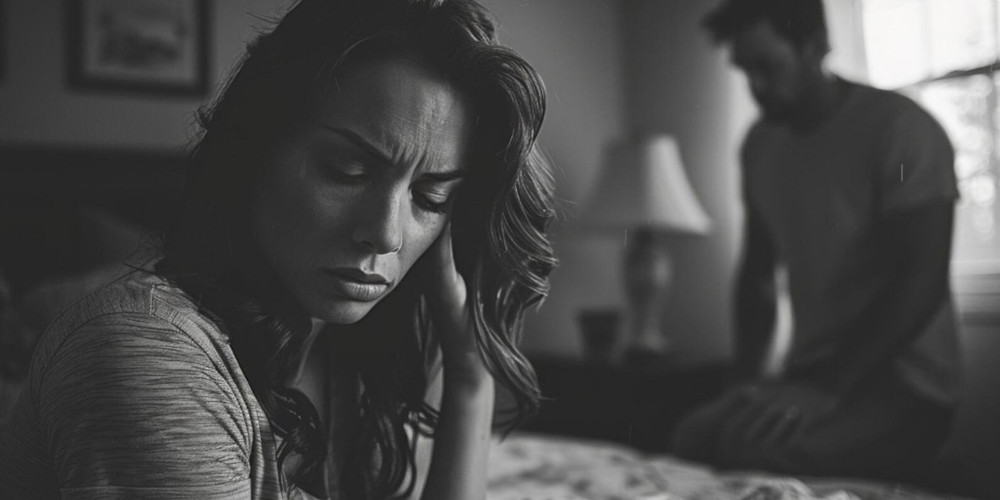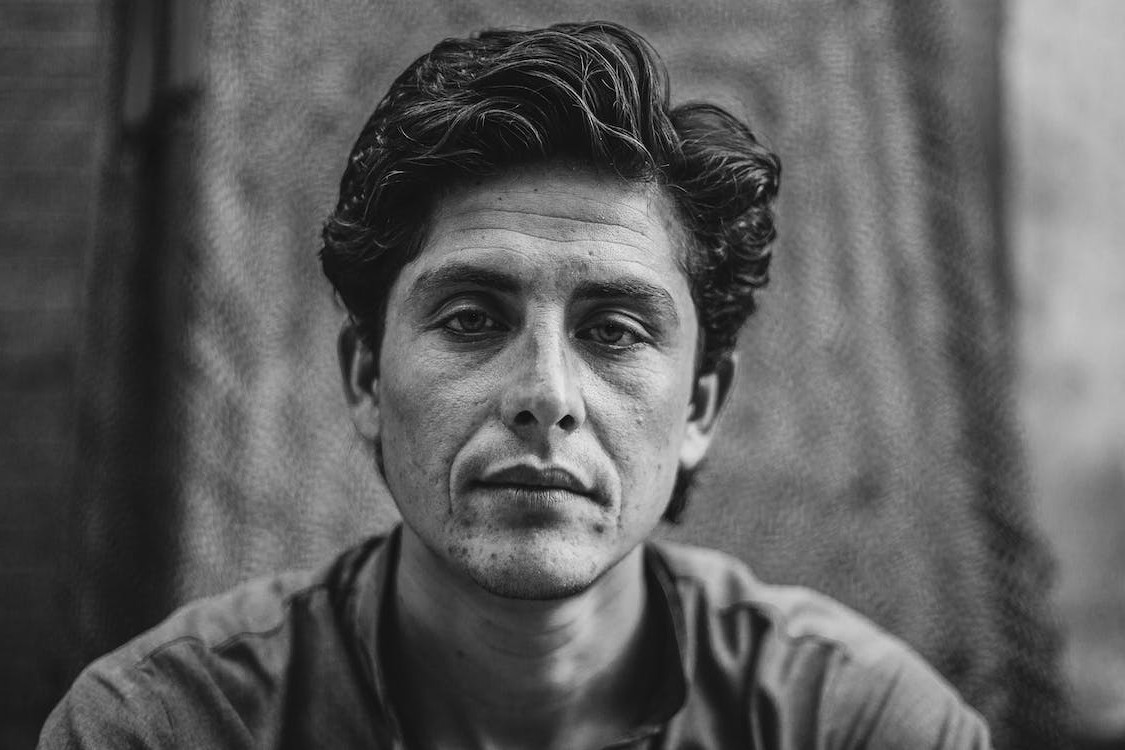The New Currency of Pain
We live in an age where everyone’s hurting, and everyone’s talking about it. Trauma is finally out in the open. Therapy is no longer taboo. Mental health awareness fills our feeds. That’s progress, but somewhere along the way, something went wrong. Pain became performance.
Instead of sharing to heal, people started sharing to rank. Online, in friend groups, even in recovery spaces, trauma became a kind of social currency, the more you’ve suffered, the more authority you’re granted. Welcome to the Trauma Olympics, a cultural contest where empathy turns into measurement, and healing takes a backseat to hierarchy.
When Suffering Becomes Status
In a world obsessed with identity, pain has become proof of depth. We use it to show that we’ve lived, that we’ve survived, that we’re not naive. But when trauma becomes your badge of honour, recovery feels like betrayal. Because if your pain gives you purpose, who are you without it?
That’s the twisted logic behind trauma competition. People compare scars, physical, emotional, or spiritual, like trophies. They fight for the right to be the most broken. It’s not always malicious. Sometimes it’s unconscious, a desperate attempt to feel seen in a world that rewards extremes. But the result is the same, empathy turns into one-upmanship.
The Internet Made Pain Performative
Social media has amplified this dynamic to an industrial scale. There was a time when vulnerability meant intimacy, you shared your story with someone who’d earned your trust. Now, it’s content. Pain gets packaged, captioned, and uploaded. The rawer it looks, the more engagement it gets.
And when pain becomes performance, authenticity becomes impossible. You start editing your trauma into a narrative arc, crisis, confession, redemption. You curate your healing, filter your breakdowns, and turn your most private wounds into public spectacle.
At first, it feels empowering. But eventually, it traps you. You start performing the version of pain that people respond to, instead of confronting the pain that still hurts. You stop healing and start producing.
The Validation Trap
The problem with public vulnerability is that it feeds on external validation. You share your pain, people respond, and for a moment you feel less alone.But that validation is addictive. You start needing it to feel real. If your pain isn’t acknowledged, it feels invalid. If others have it “worse,” your suffering feels smaller, and you start exaggerating or amplifying to compete.
That’s the validation trap, your trauma becomes your identity, and healing threatens to erase the only thing that makes you visible. And the irony? The more you cling to pain for validation, the lonelier you get.
When Empathy Turns into Comparison
Empathy used to mean “I see your pain.” Now it often sounds like, “You think that’s bad? Listen to mine.” It happens subtly. You tell someone about your struggle, and instead of connection, they respond with their own, not to comfort, but to outdo.
In recovery spaces, this can be deadly. People start measuring whose trauma is “real.” Whose childhood was worse. Whose addiction hit lower. But trauma doesn’t need a scoreboard, it needs context. Comparing pain invalidates everyone’s experience. You can drown in a puddle or in an ocean, the outcome’s the same.
The Ego Hiding in Victimhood
Here’s the part that makes people uncomfortable, victimhood can feed ego. That sounds harsh, but it’s true. Some people unconsciously use pain to feel special. Being the “most wounded” gives them moral superiority, a reason not to be challenged, a shield against accountability.
It’s not that they enjoy suffering, it’s that suffering gives them identity. When victimhood becomes personality, growth feels dangerous. Because growth means letting go of the story that’s kept you safe. The ego doesn’t care if you’re miserable, it just wants to exist. If pain is the only thing keeping you significant, you’ll hold onto it even when it’s killing you.
The Silence of the “Not Traumatic Enough”
While some fight for the title of “most damaged,” others withdraw completely. They start believing their pain doesn’t count because it doesn’t sound catastrophic. They tell themselves, “I wasn’t abused, I wasn’t homeless, I didn’t overdose, who am I to complain?”
This is another side of trauma hierarchy, the quiet minimisation of everyday pain. It keeps people from seeking help because they think their suffering isn’t “bad enough.” But trauma isn’t a competition, and healing isn’t reserved for the “worst cases.” There’s no threshold you have to cross to deserve recovery. Pain is relative. If it hurts, it matters.
The Recovery Industry and the Monetisation of Pain
The self-help world has learned how to monetise the Trauma Olympics beautifully. Courses, coaches, and influencers promise to “unlock your trauma” for a price. They use your pain as marketing, “See, I’ve been where you are.” The more tragic their story, the more credibility they gain. And while many genuinely want to help, the system rewards spectacle, not substance.
This turns recovery into theatre. You’re not healing, you’re performing healing to stay relevant. Real growth doesn’t look good online. It’s quiet, repetitive, and boring. But boring doesn’t sell. So we glorify breakdowns and call it authenticity, while ignoring the unglamorous discipline of staying well.
Why We Need to Stop Competing and Start Connecting
The antidote to the Trauma Olympics isn’t silence, it’s sincerity. You can tell your story without turning it into a performance. You can share pain without turning it into identity. The difference is intention, are you seeking connection or validation?
Connection says, “This is my experience, maybe it helps you feel less alone.”
Validation says, “This is my experience, please tell me it matters.”
The first builds community. The second builds dependency. If your story brings light to others, keep telling it. But if it keeps you stuck in the same loop, ask yourself: what am I still trying to prove?
Healing Without an Audience
One of the hardest lessons in recovery is learning to heal in private again. To stop narrating every breakthrough and start living it instead. To stop looking for mirrors and start finding meaning. Healing doesn’t need applause. It needs consistency. It’s not about what others believe about your past, it’s about how you live despite it.
And that kind of growth isn’t always visible. Sometimes, the biggest progress is what you don’t post, the moment you choose stillness over sharing, silence over spectacle.
The Courage to Step Out of the Competition
Walking away from the Trauma Olympics feels like betrayal at first. Especially if you’ve built friendships or identity around shared pain. But true healing isn’t about loyalty to your wounds, it’s about allegiance to your growth. It means letting go of the need to “win” at suffering. It means refusing to turn your pain into your personality. It means saying, “Yes, this happened, but it doesn’t define me anymore.”
And that’s terrifying, because freedom always is. But once you step outside the competition, you start to notice something profound, everyone’s carrying something, and none of it needs ranking.
How We Reclaim Empathy
To rebuild empathy, we need to return to what it really means, understanding without hierarchy. Empathy says:
- “Your pain doesn’t diminish mine.”
- “My healing doesn’t threaten yours.”
- “We can coexist without comparison.”
That’s community, not a scoreboard. In recovery, that looks like listening without interruption, supporting without analysis, and celebrating others’ progress without measuring your own against it. Because empathy isn’t about identifying, it’s about witnessing. And that’s what heals us: being seen, not scored.
We didn’t start comparing trauma because we’re cruel, we did it because we’re desperate to be acknowledged. In a world that moves too fast and listens too little, pain has become proof of existence. But healing begins when you stop performing and start participating in your own recovery. When you stop competing for empathy and start creating it.
There’s no gold medal for suffering. There’s just life, and how you live it after the fall. Because the real victory isn’t having the biggest story of pain. It’s learning to write the next chapter anyway.



